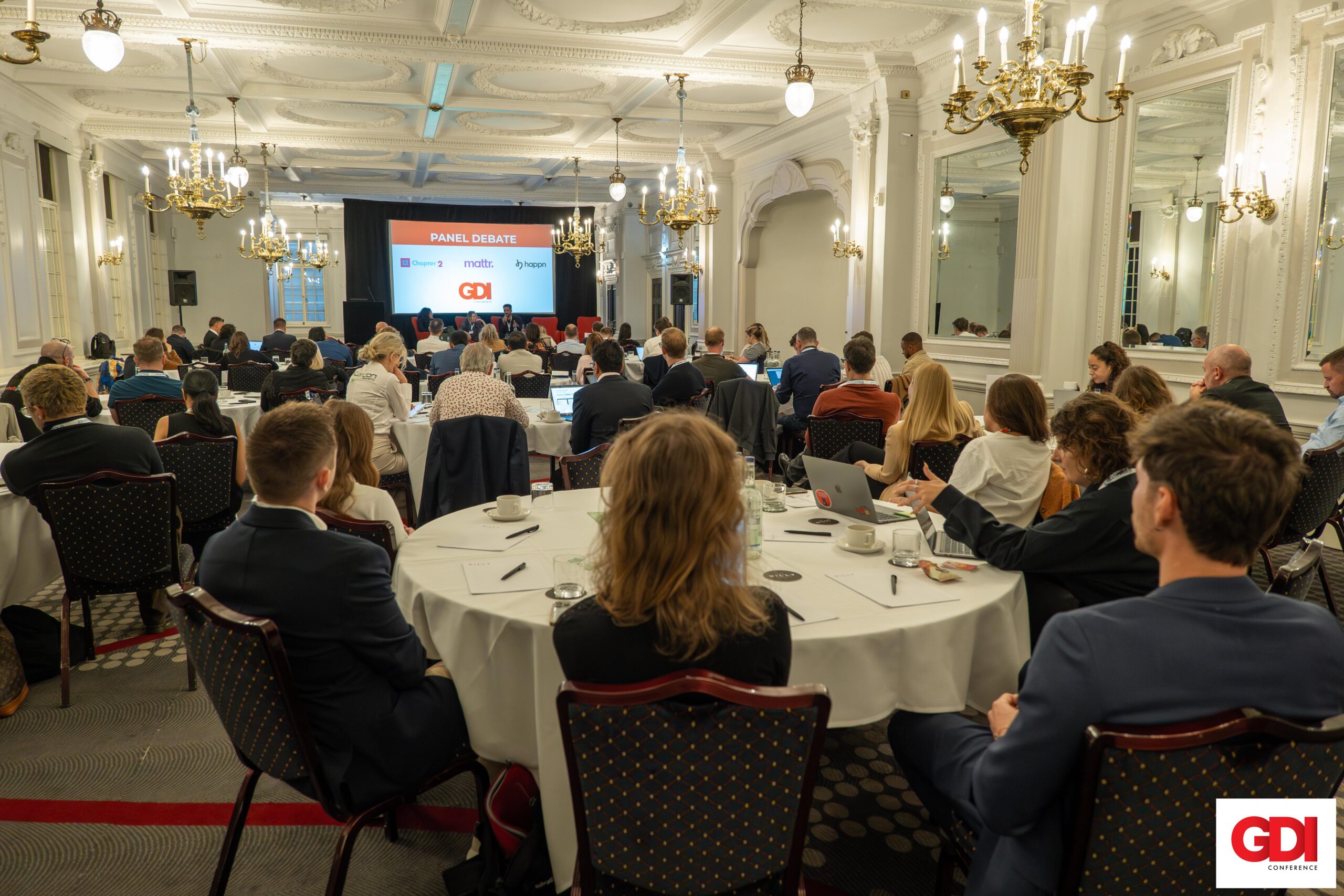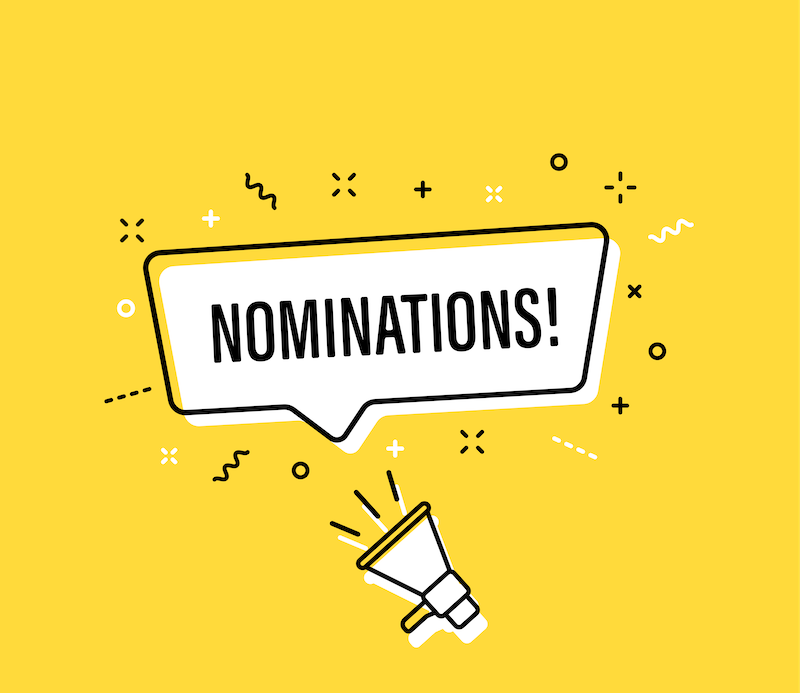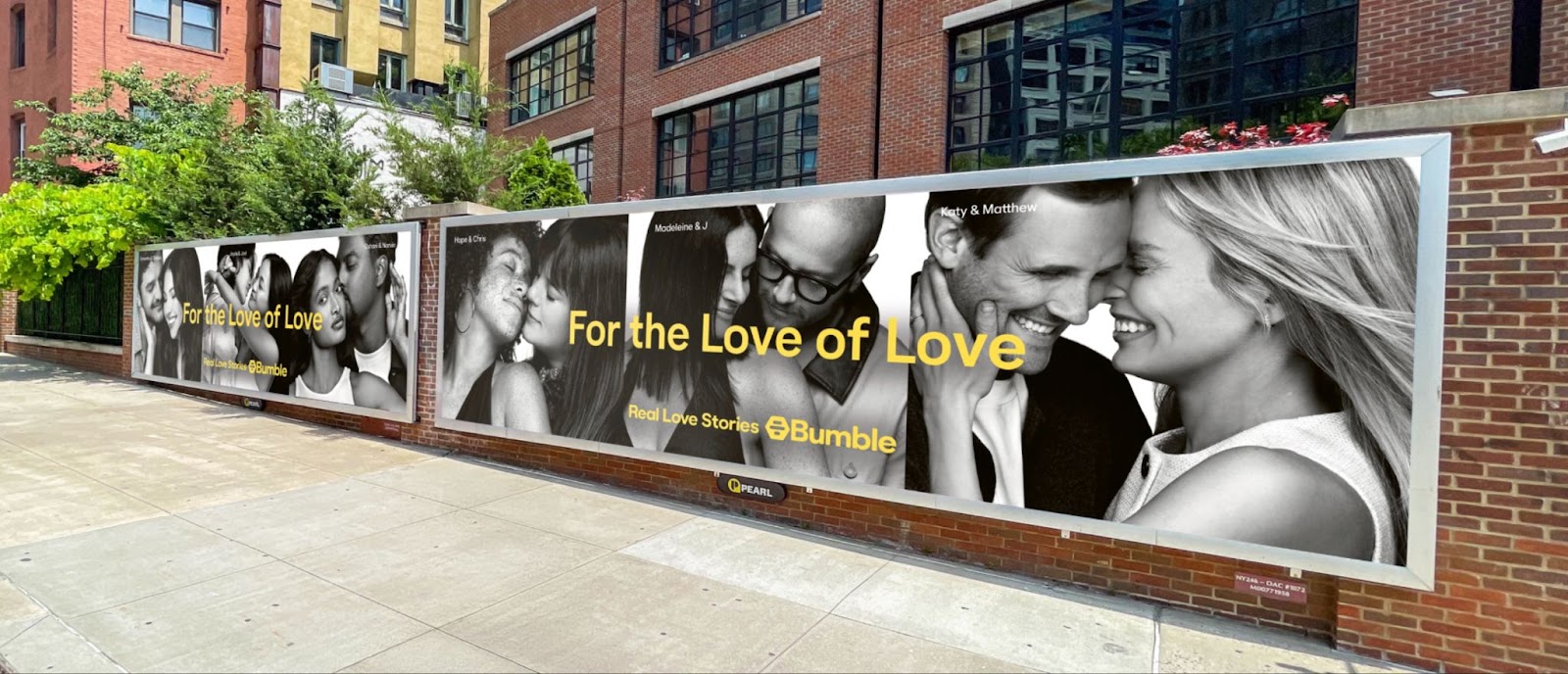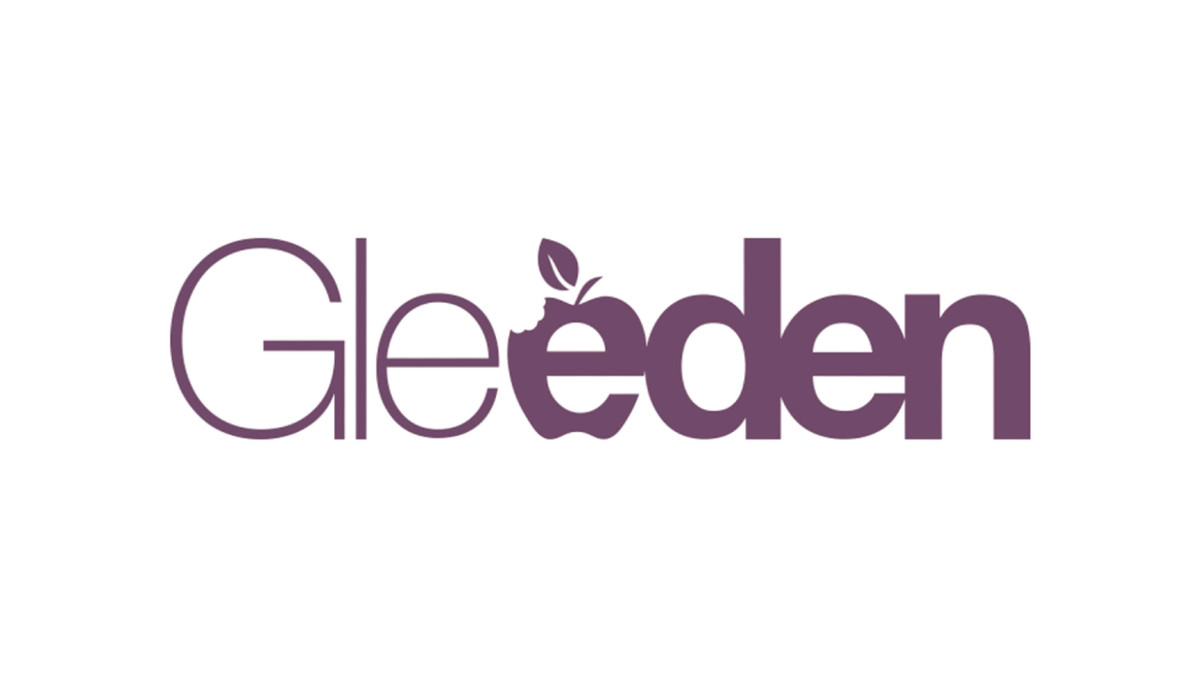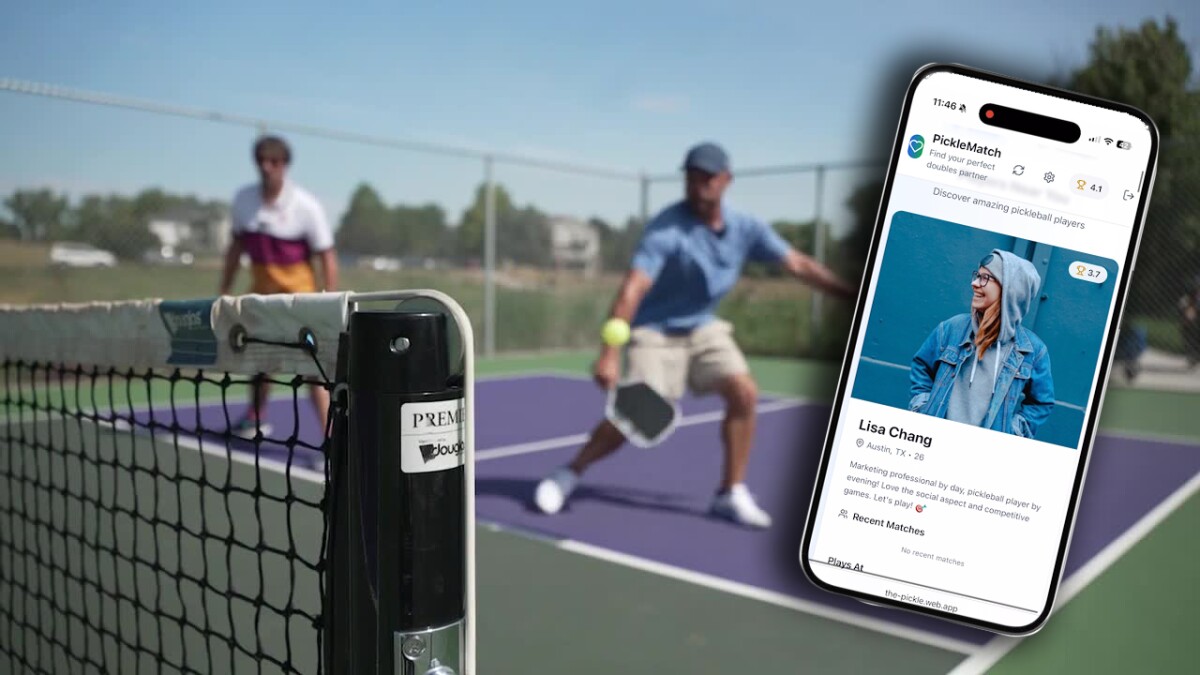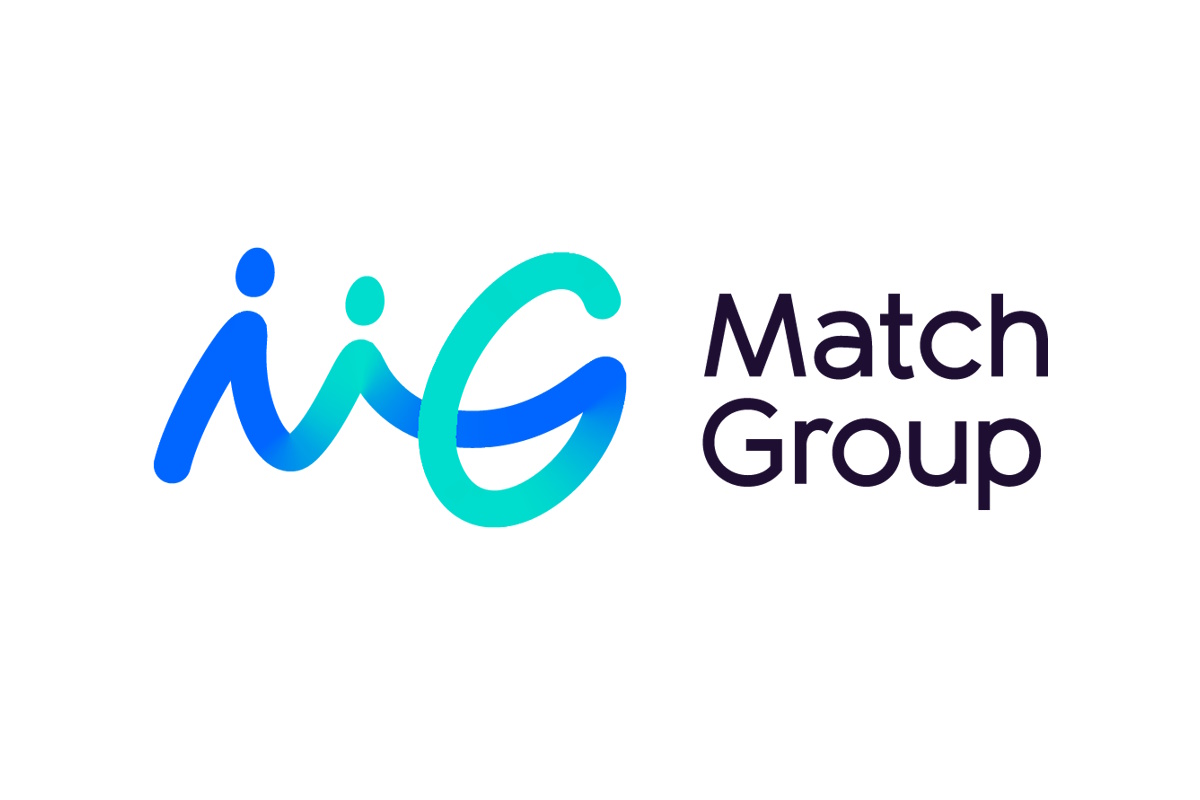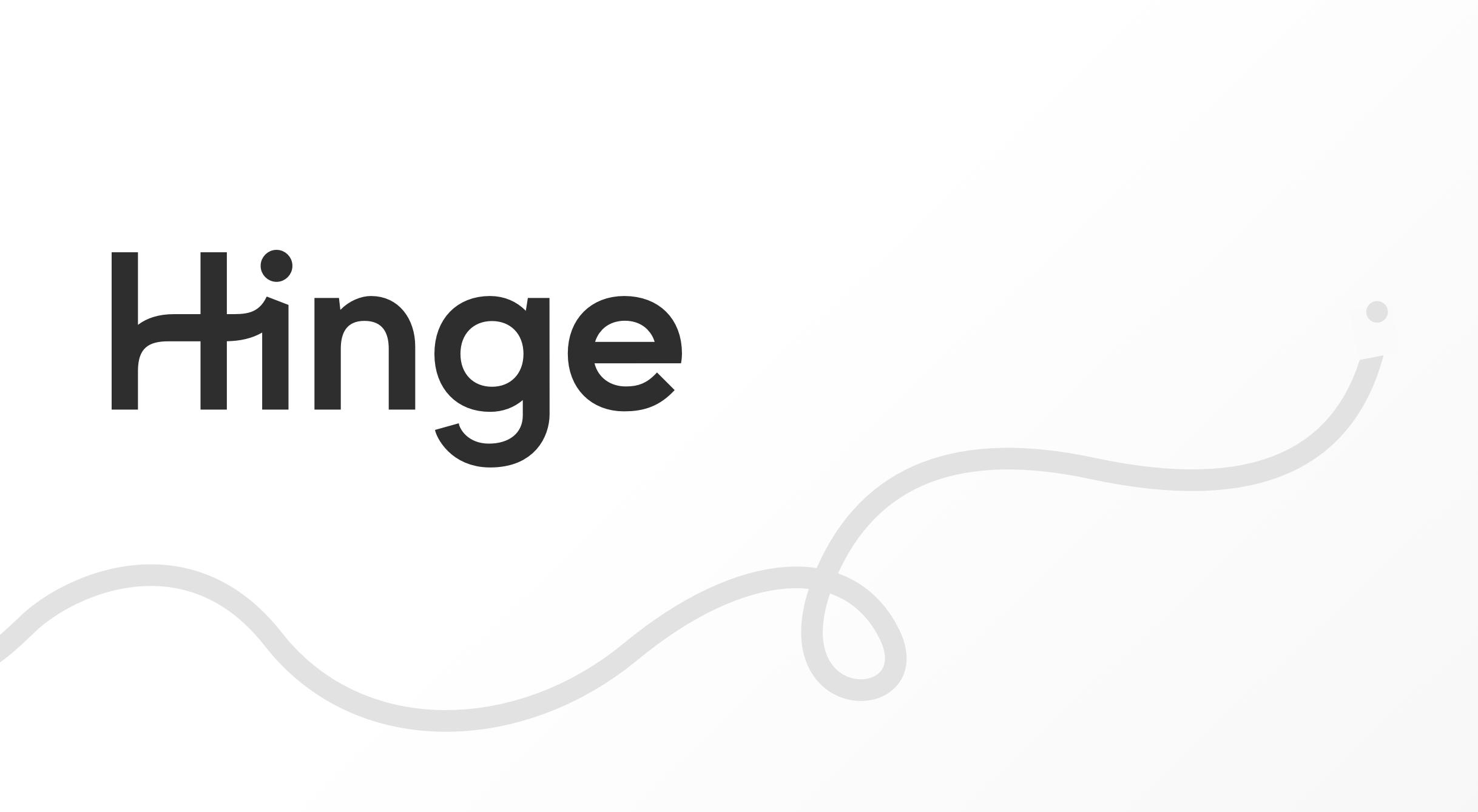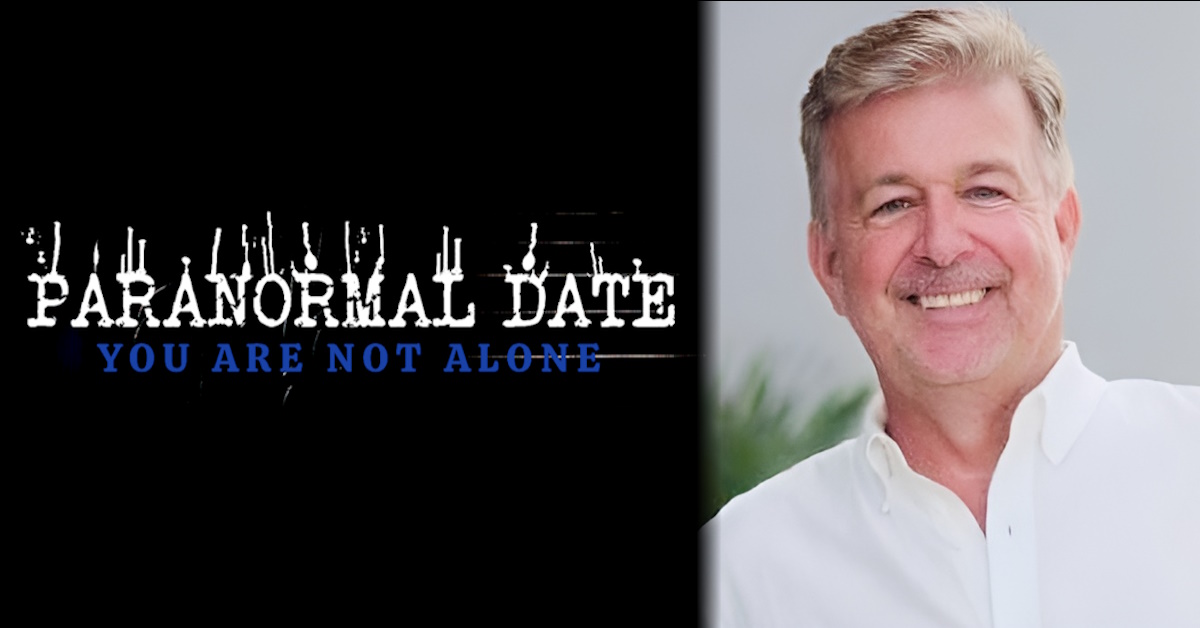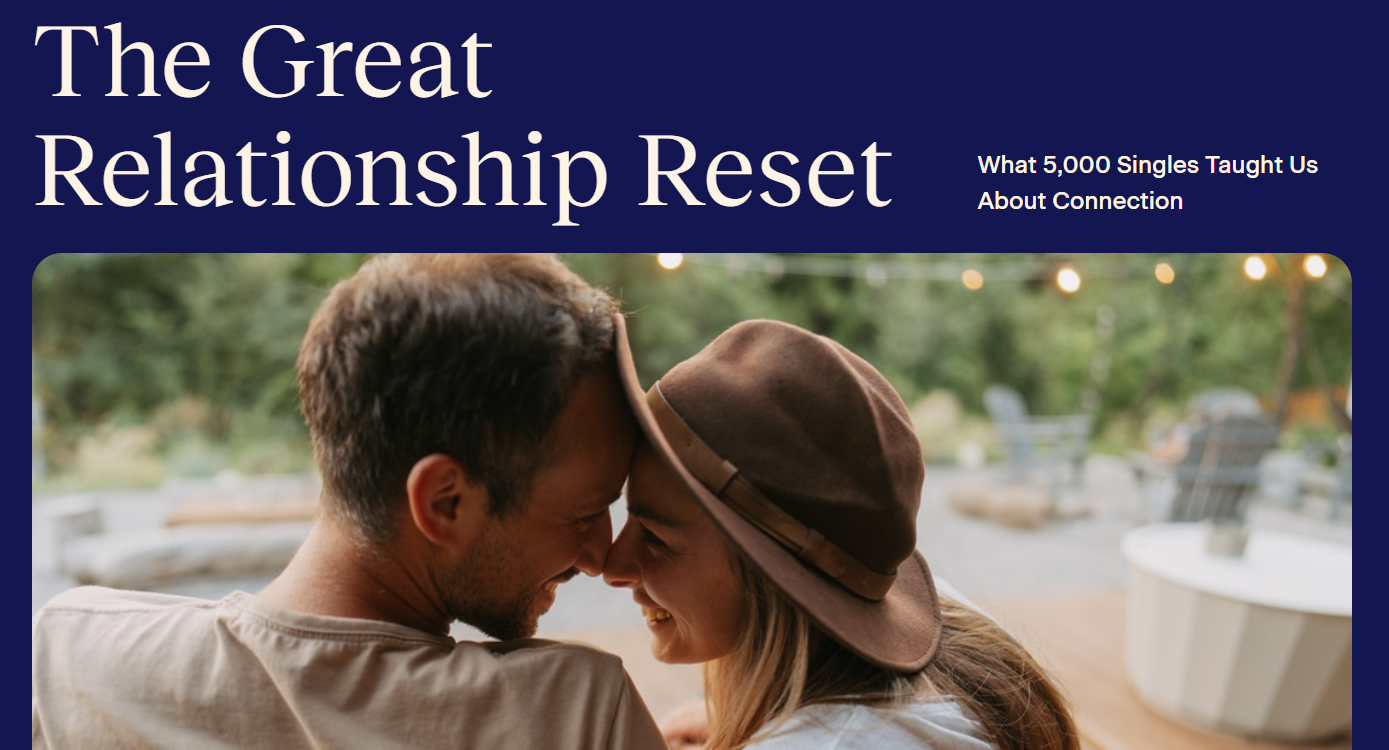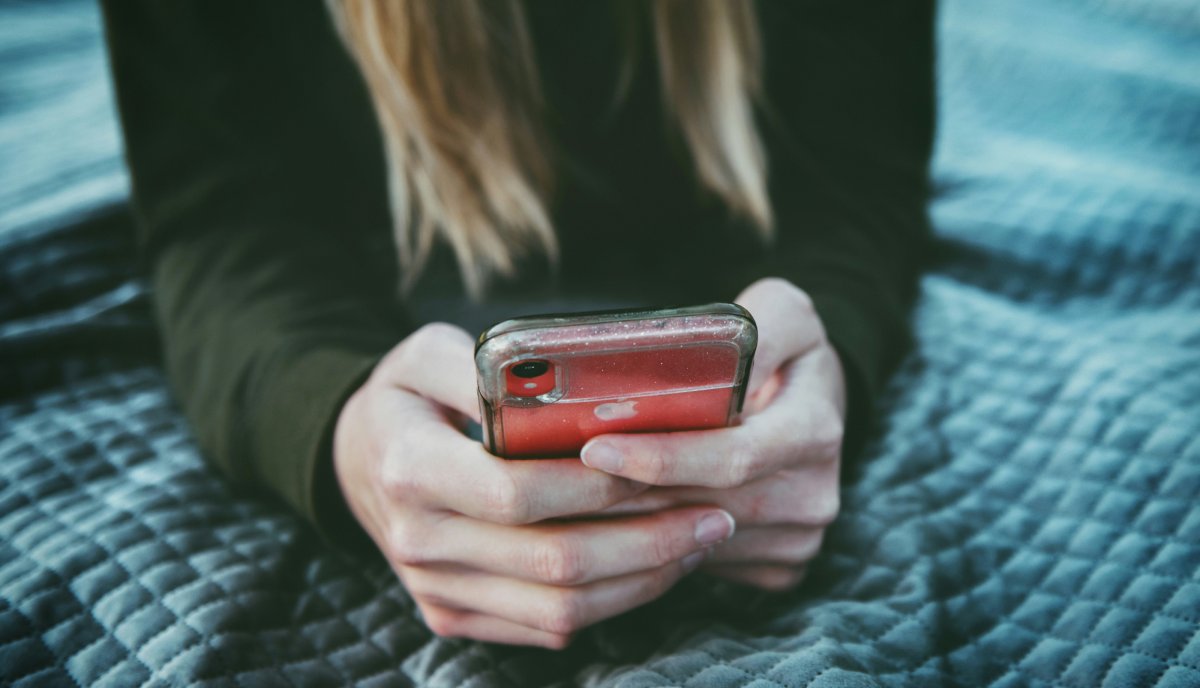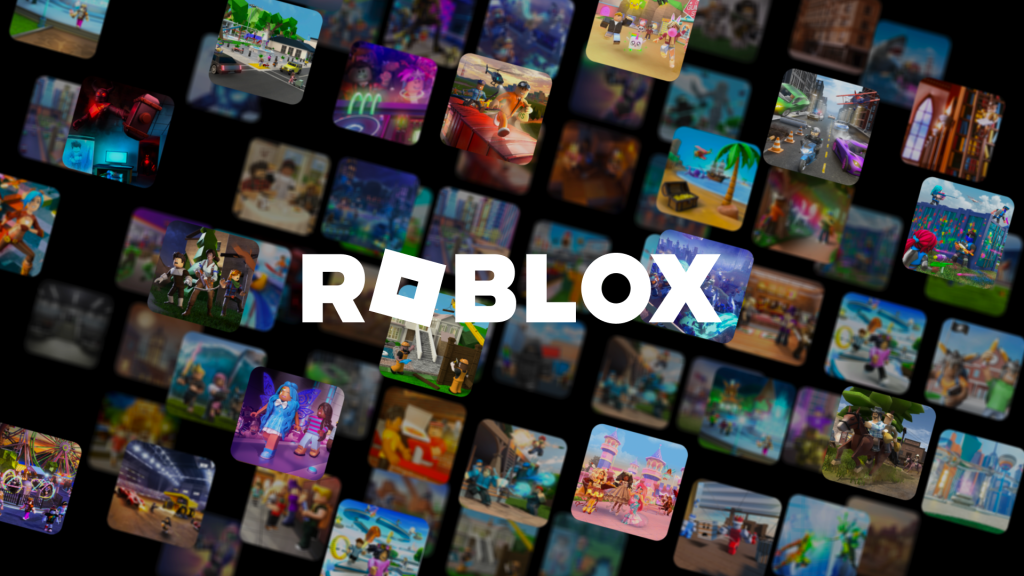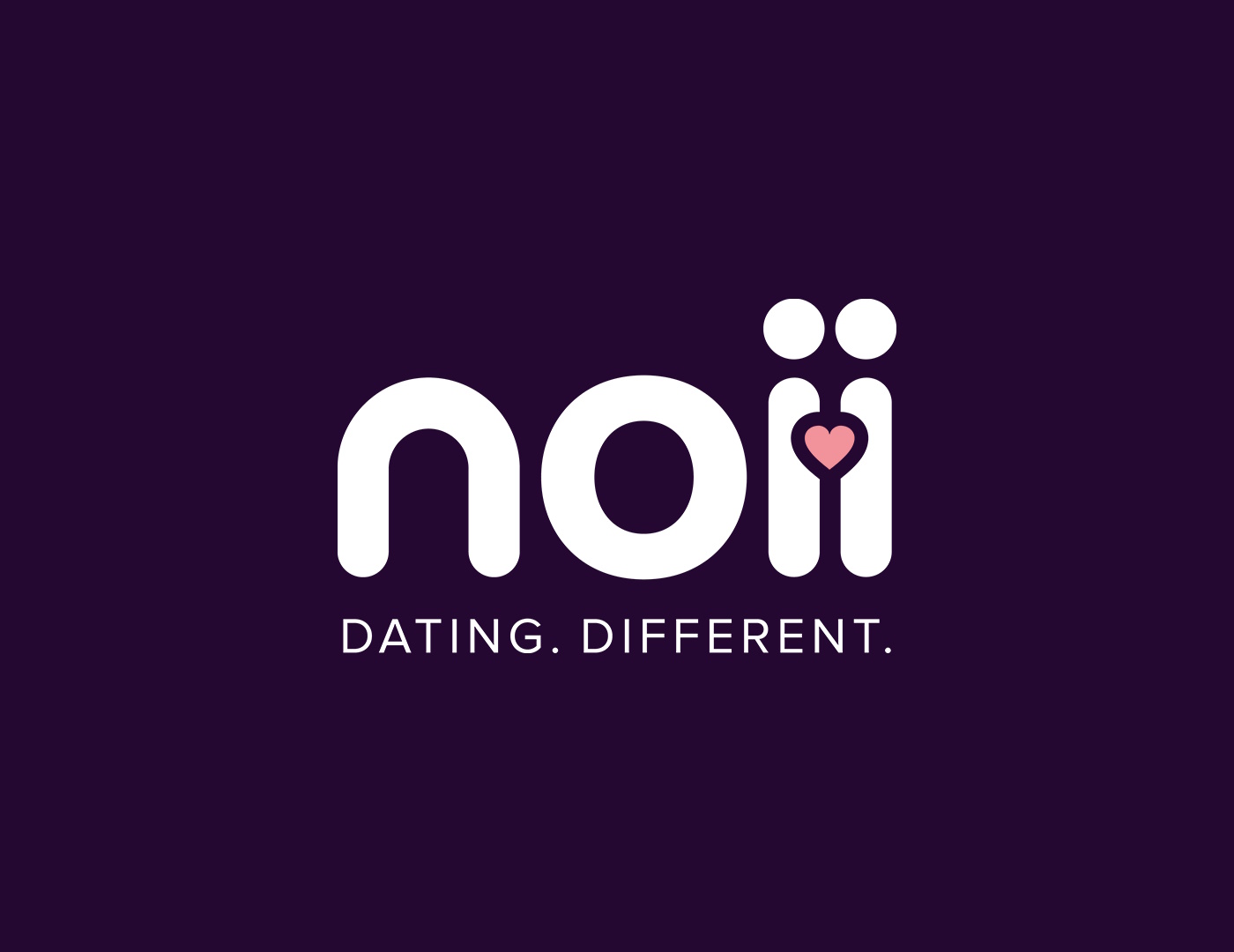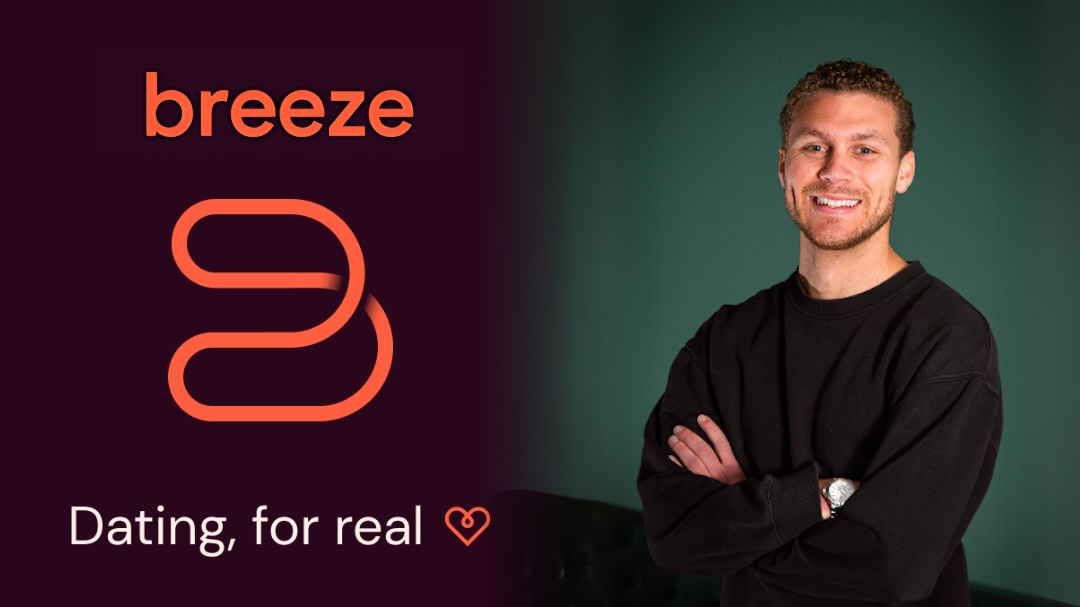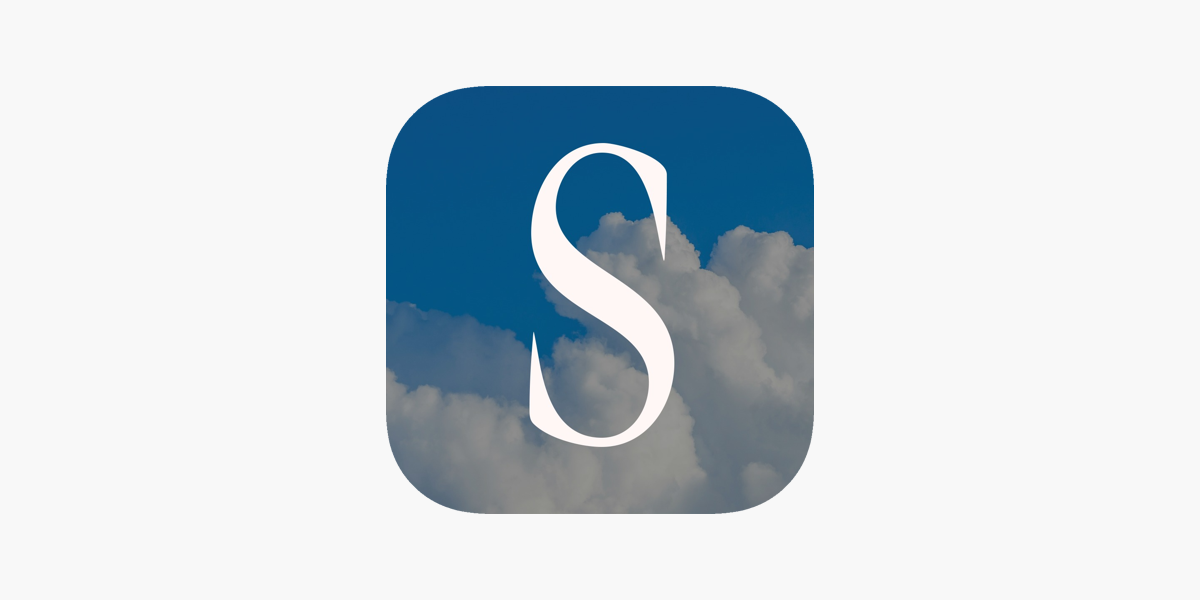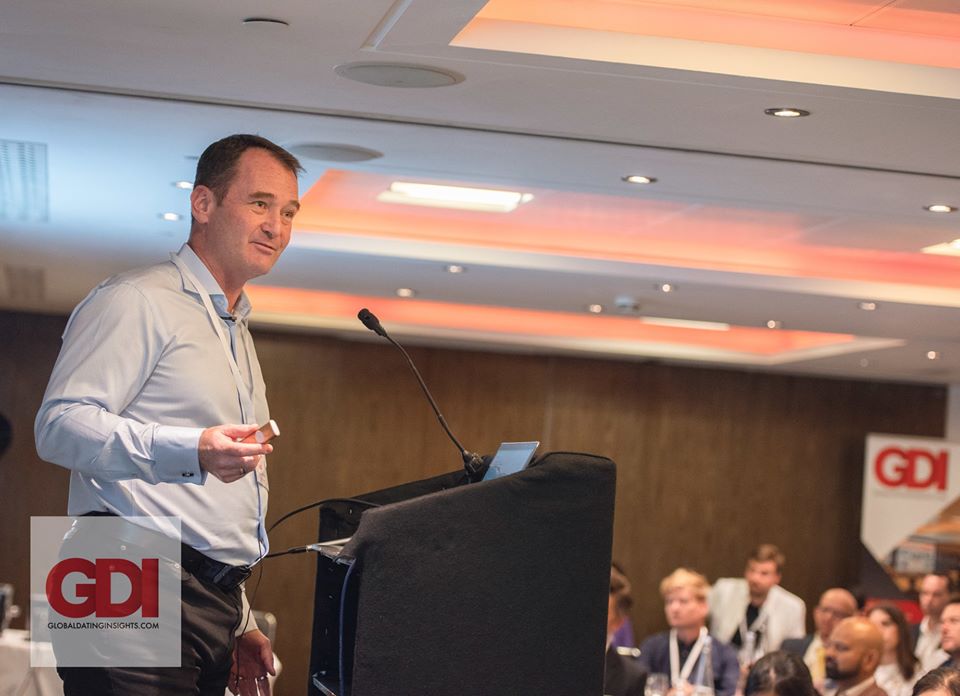Match has recently released its 14th annual Singles in America report, offering a detailed snapshot of how over 5,000 U.S. singles are approaching dating in 2025. Conducted in partnership with the Kinsey Institute, the study suggests a significant shift in priorities, attitudes, and expectations among modern daters, with many seeking what researchers call a “relationship reset.”
The study finds that 46% of singles now feel ready for a long-term relationship, signaling a departure from previous years dominated by casual encounters. With societal pressure easing, singles are increasingly pursuing partnerships based on personal readiness rather than fear of stigma.
Yet while emotional connection and trust matter more than ever – 22% prioritize these in new relationships – physical chemistry remains critical, with 90% citing it as a key factor and 72% saying they can assess chemistry within the first three dates.
Economic factors also weigh heavily on daters. The report reveals the average single spends $213 per month on dating, up from $188 in 2022, while active daters average $310 monthly. This trend, dubbed “dateflation,” reflects the growing financial burden of modern romance.
The study also highlights challenges around authenticity and safety. Many singles report more guarded dating profiles and an increased risk of anger when rejecting a potential partner. As one survey participant put it: “It’s not a lack of interest – it’s a lack of alignment.”
Generational differences further complicate the landscape. Gen Z singles, often termed “neo-traditionalists,” are the most likely to avoid casual sex and adopt celibacy, yet they also lead in using AI for dating. In contrast, Millennials remain the most active daters, spending the most money and most likely to blend traditional and casual approaches. Gen X daters, often divorced, are turning away from apps in favor of in-person connections.
Among all age groups, romantic ideals persist. A notable 60% of singles believe in love at first sight, and 62% seek a committed, exclusive relationship. However, many also report confusion around modern gender roles, communication styles, and relationship expectations – 70% believe the gender gap in dating is widening.
Burnout is widespread: 53% of singles describe themselves as emotionally exhausted by the process. In response, many are stepping back to focus on self-improvement or recalibrating their approach, with 46% reporting a shift toward personal growth over active searching.
